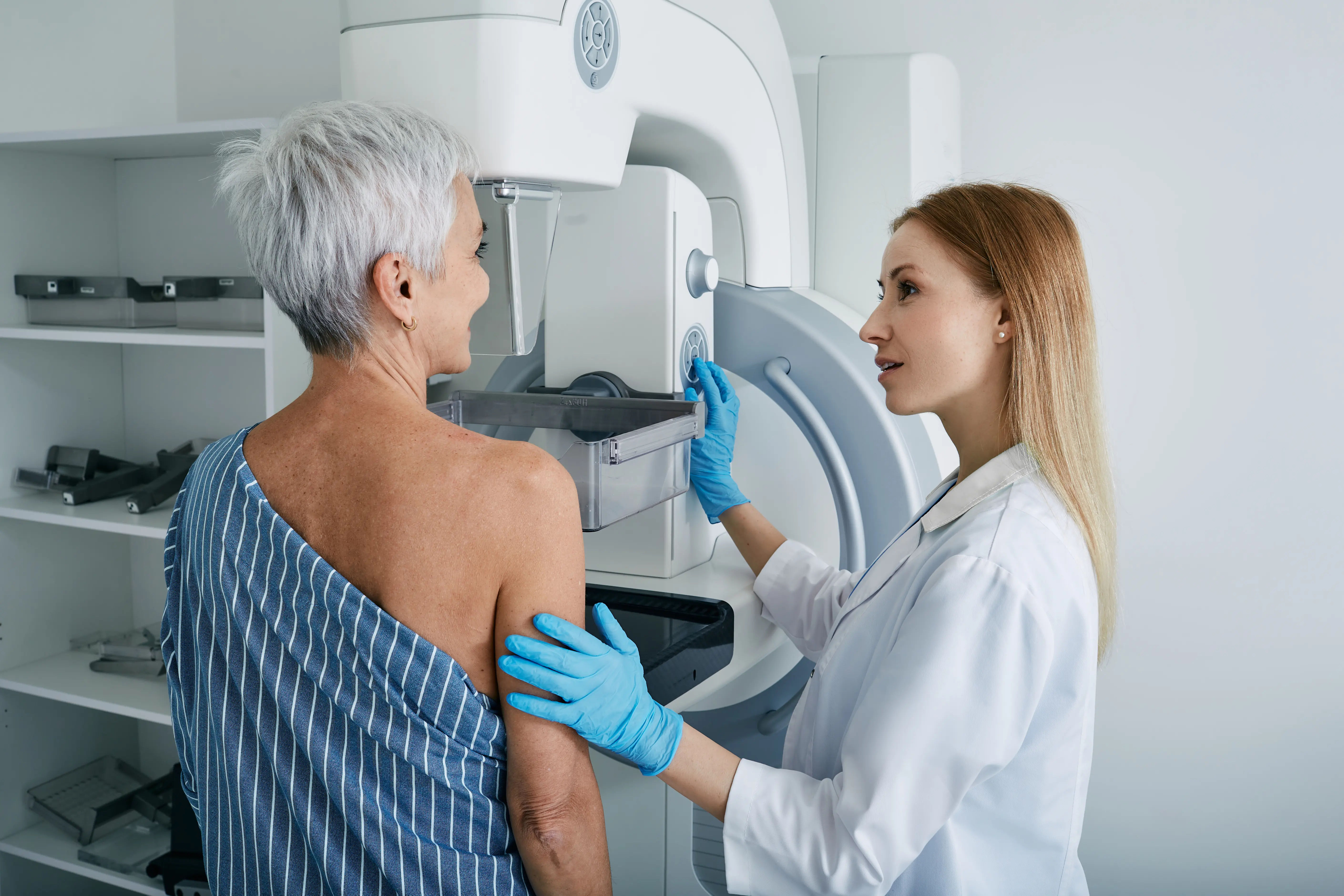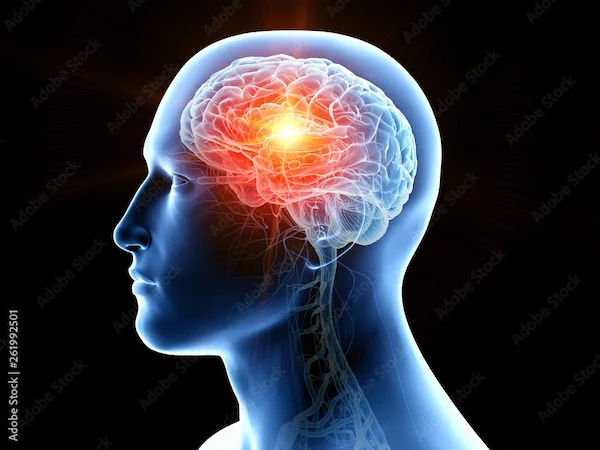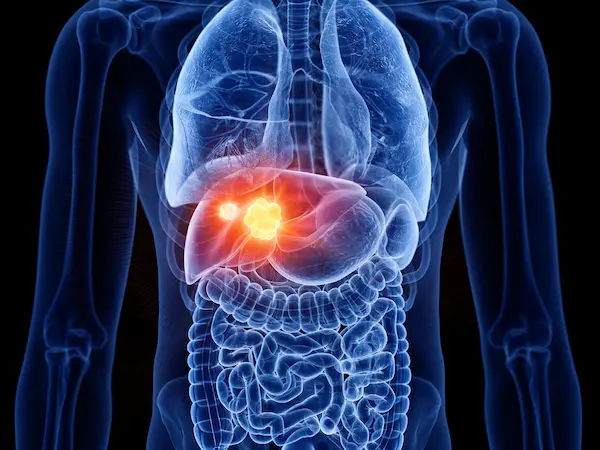Early Warning Signs of Breast Cancer
Discover the early warning signs of breast cancer, including lumps, skin changes, nipple abnormalities, and pain. Learn about causes, risk factors, prevention, and when to seek medical help.

_0.webp?tr=q-80,f-webp,w-350,dpr-2,c-at_max 700w)
Breast cancer is one of the most common cancers affecting women worldwide, but early detection can significantly improve treatment outcomes. Knowing the early warning signs can help you take timely action and seek medical advice when needed. This article will guide you through the signs to watch for, possible causes, and steps you can take to stay proactive about your breast health.
Understanding Breast Cancer
Breast cancer occurs when cells in the breast grow abnormally and form a tumour. While it is more common in women, men can also develop breast cancer. Early detection is crucial because treatment is often more effective when the disease is caught in its initial stages.
Early Warning Signs of Breast Cancer
Here are some key symptoms to be aware of:
1. A New Lump or Mass
- The most common sign of breast cancer is a painless, hard lump with irregular edges. However, some lumps may be soft, tender, or rounded.
- Lumps can appear in the breast or under the armpit.
2. Changes in Breast Shape or Size
- One breast may become larger or lower than the other.
- Visible swelling, even without a noticeable lump.
3. Skin Changes
- Dimpling or puckering of the skin (like an orange peel).
- Redness, flaky skin, or thickening of the breast skin.
4. Nipple Changes
- Nipple turning inward (inversion).
- Discharge (other than breast milk) that may be bloody or clear.
- Crusting or scaling around the nipple.
5. Pain in the Breast or Nipple
- While breast cancer is not always painful, persistent discomfort or tenderness should not be ignored.
6. Swollen Lymph Nodes
- Lumps near the collarbone or underarm could indicate that cancer has spread to the lymph nodes.
If you notice any of these changes, consult a doctor for further evaluation.
What Causes Breast Cancer?
While the exact cause is not always clear, certain risk factors increase the likelihood of developing breast cancer:
- Age – Risk increases with age, especially after 50.
- Family History – Having close relatives with breast or ovarian cancer.
- Genetic Mutations – Inherited changes in genes like BRCA1 and BRCA2.
- Hormonal Factors – Early menstruation, late menopause, or hormone therapy.
- Lifestyle Factors – Obesity, alcohol consumption, and lack of physical activity.
How to Reduce Your Risk
While some risk factors cannot be changed, you can take steps to lower your risk:
1. Regular Self-Exams
- Check your breasts monthly for any changes.
- Look for lumps, skin changes, or nipple abnormalities.
2. Clinical Breast Exams & Mammograms
- Women over 40 should discuss mammogram screening with their doctor.
- High-risk individuals may need earlier or more frequent screenings.
3. Healthy Lifestyle Choices
- Maintain a healthy weight.
- Exercise regularly (at least 150 minutes per week).
- Limit alcohol and avoid smoking.
- a balanced diet rich in fruits, vegetables, and whole grains.
4. Know Your Family History
- If breast cancer runs in your family, genetic counselling may help assess your risk.
When to See a Doctor
Do not ignore any unusual changes in your breasts. Early detection saves lives, so if you notice:
- A new lump or thickening.
- Persistent pain or skin changes.
- Nipple discharge (especially if bloody).
Schedule an appointment with a healthcare provider immediately.
How Apollo 24|7 Can Help
If you have concerns about breast cancer or need a screening, Apollo 24|7 offers:
- Expert consultations with oncologists.
- Mammograms and diagnostic tests for early detection.
- Personalised care plans for high-risk individuals.
You can easily book a consultation or schedule a test through the Apollo 24|7 app or website.
Get Your Symptoms Checked now
Final Thoughts
Breast cancer is treatable, especially when detected early. Being aware of the warning signs and taking preventive steps can make a significant difference. Regular self-exams, screenings, and a healthy lifestyle are your best defences.
If you notice any unusual changes, don’t hesitate; reach out to a healthcare professional today. Your health matters!
Consult Top Specialist
Consult Top Specialist

Dr. Rupam Manna
Radiation Specialist Oncologist
7 Years • MBBS MD(RADIO THERAPY), CCEBDM
Barasat
Diab-Eat-Ease, Barasat

Dr. Sanchayan Mandal
Medical Oncologist
17 Years • MBBS, DrNB( MEDICAL ONCOLOGY), DNB (RADIOTHERAPY),ECMO. PDCR. ASCO
Kolkata
MCR SUPER SPECIALITY POLY CLINIC & PATHOLOGY, Kolkata

Dr Gowshikk Rajkumar
Oncologist
10 Years • MBBS, DMRT, DNB in Radiation oncology
Bengaluru
Apollo Clinic, JP nagar, Bengaluru
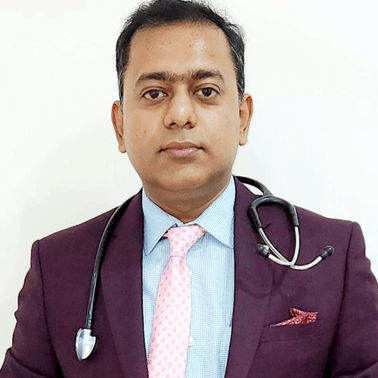
Dr. Sanchayan Mandal
Medical Oncologist
17 Years • MBBS, DNB Raditherapy, DrNB Medical Oncology
East Midnapore
VIVEKANANDA SEBA SADAN, East Midnapore
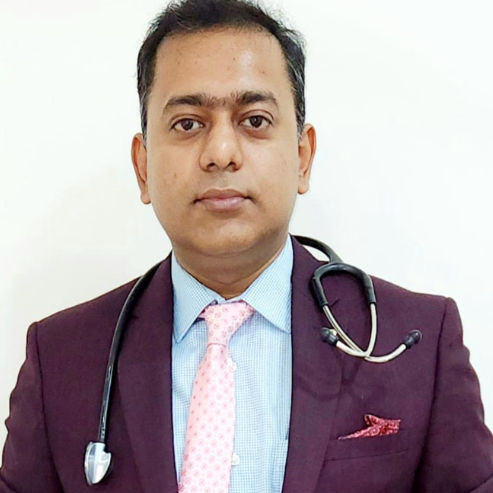
Dr.sanchayan Mandal
Medical Oncologist
17 Years • MBBS, DrNB( MEDICAL ONCOLOGY), DNB (RADIOTHERAPY),ECMO. PDCR. ASCO
Kolkata
Dr. Sanchayan Mandal Oncology Clinic, Kolkata



